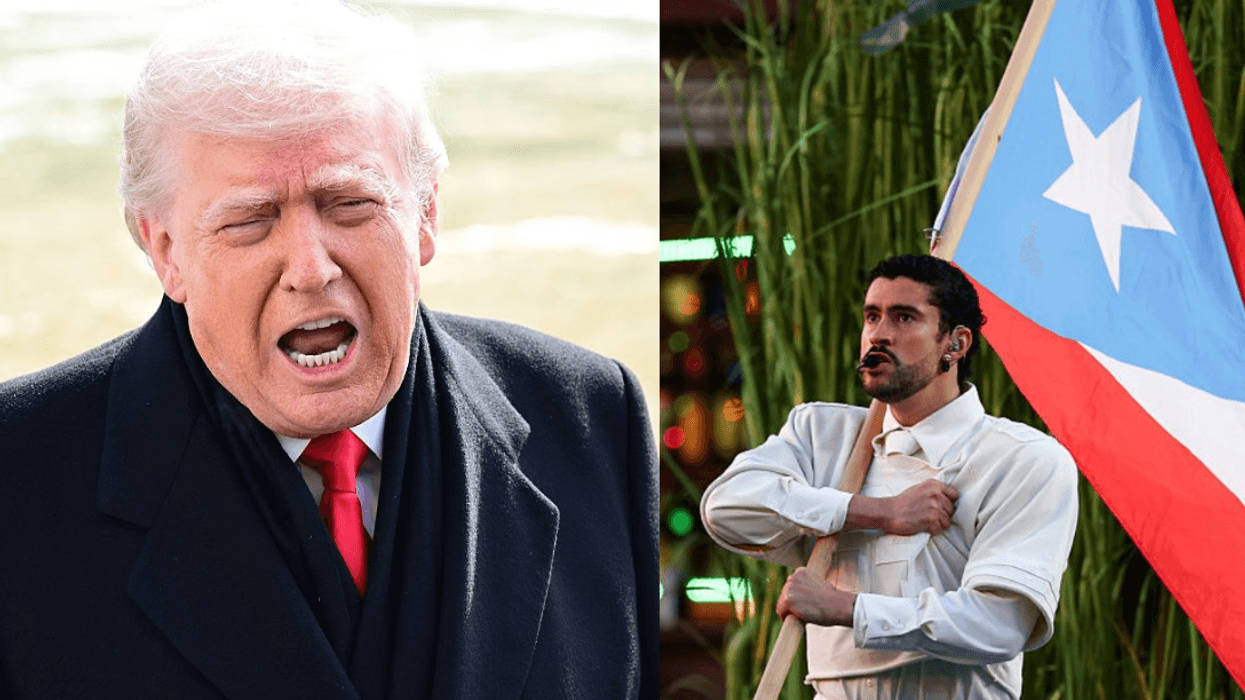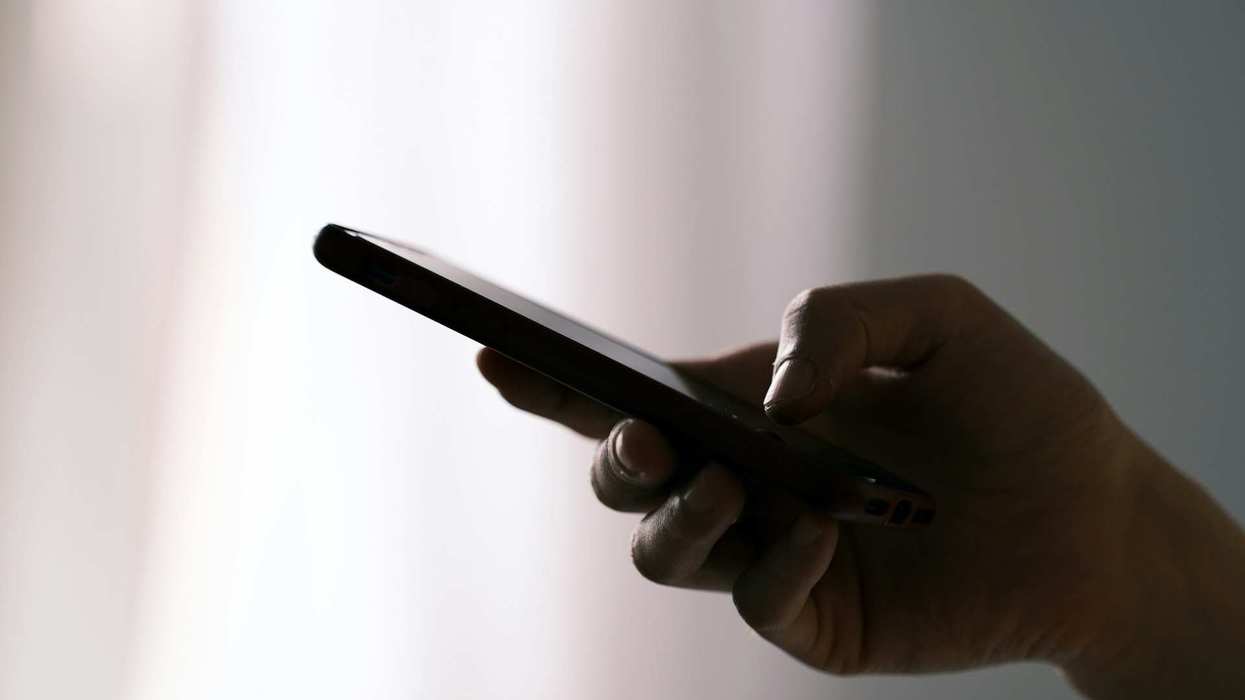"Eat plenty of fruits and vegetables" has been common advice for centuries, but soon it may be doctor's orders.
Researchers are calling for access to prescriptions for fruits and vegetables to prevent common ailments, rather than treating these ailments with medications after they've already shown symptoms. A new simulation by health professionals is bolstering this evidence.
Subsidizing fruits and vegetables under Medicare and Medicaid would do a lot to alleviate the challenges low-income families and individuals face in maintaining healthier diets. These challenges include the cost differences of healthy foods and processed foods, as well as the energy and time needed to cook healthy meals while working long hours.
Because so many health problems are rooted in a poor diet and healthcare costs continue to rise, a preventative prescription of healthier foods could make a huge difference.
Not only could the program positively impact the health of low-income persons, but it would be cost-effective too. The model produced by researchers indicated that the program would save nearly $40 billion. Expand these to healthy foods outside of the fruit and vegetable family and the savings grow to $100 billion.
Rita Nguyen, the Medical Director of Healthy Food Initiatives at Zuckerberg San Francisco General Hospital, noted:
“With food insecurity, treating someone by giving them food can improve health. For those who are food secure, anyone given a good diet will have improved health management.”
While eating fruits and vegetables to curtail health problems may not be a revolutionary idea, many are on board for the prospect of subsidization.
People have lamented the expense of healthy food for years.
If the idea of prescription fruits and vegetables is ever implemented, it would provide legions of people access to a healthy diet that is currently so difficult to maintain.














 @TweetforAnnaNAFO/X
@TweetforAnnaNAFO/X


 Steve Urkel Oops GIF
Steve Urkel Oops GIF  Moon Walk Dance GIF
Moon Walk Dance GIF  The Office Monday GIF by 20th Century Fox Home Entertainment
The Office Monday GIF by 20th Century Fox Home Entertainment